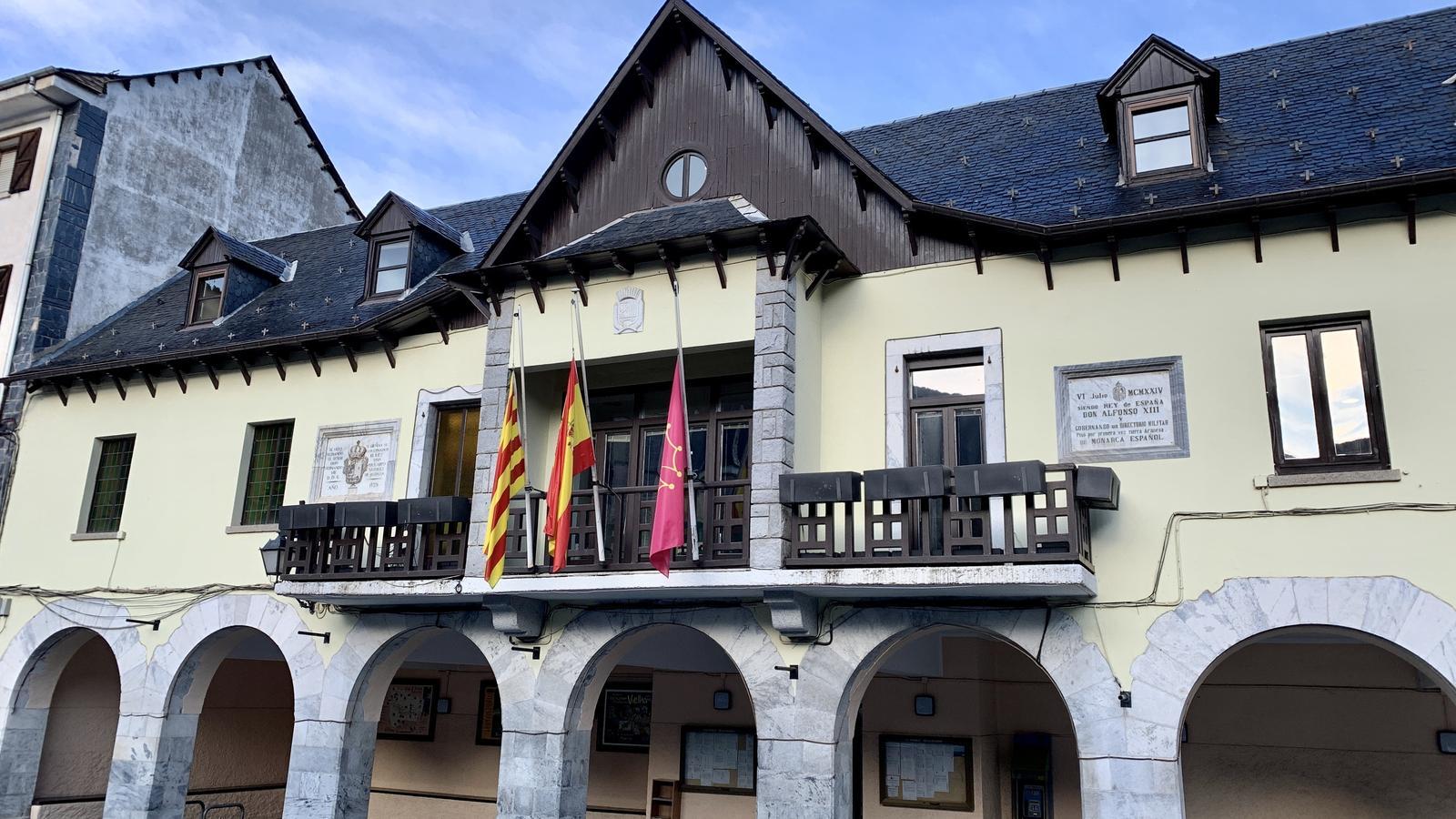

We all complain about administrative bureaucracy and tend to place the blame on the perennial civil servant or the clumsy politician. And we feel quite relieved. But, if we're honest, we also know good public servants who do quiet, inconspicuous work, without whom things would be even worse. The administration closest to us, the municipal one, tends to be the one taking the fall. In Catalonia, moreover, there is a municipal administrative mini-fundism, with 947 municipalities. That's a lot. Surely too much. For the purposes of efficiency and economy of scale, some should be grouped together. An attempt was made 25 years ago with the so-called Roca Report, but the political parties didn't dare, and the bellwether politics have persisted, with the resulting dysfunctions and an endemic lack of resources and professionals. It's very difficult to keep all the wheels of an administration running smoothly, and when it's very small, it can't do everything.
A long-standing shortage is that of career civil servants to act as municipal secretaries and auditors. They are key players who ensure that the law is upheld, that things are done properly, and that local politicians with little experience in the administrative machinery get ahead. They ensure that there is no corruption or neglect. Good secretaries and auditors perform essential work: bidding, approving accounts, accessing subsidies, properly holding plenary sessions... It turns out that in Catalonia there is a shortage of many of them, which creates serious problems for city councils. "Suffering and tensions are growing," Xavier Amor, the Secretary of Local Governments and Relations with the Aran Region of the Generalitat, explained to ARA. According to official data, of the 1,580 positions that should be filled by these professionals, only 617 are properly occupied (with civil servants qualified at the state level), while there are 900 vacancies to be filled, two-thirds of which affect small or medium-sized towns that must resort to temporary workers or be assisted by personnel from the local government.
The agreement for the State to transfer the management of this corps of municipal civil servants to the Generalitat has been signed. It was negotiated both in the Generalitat-State Bilateral Commission and in the Junts-PSOE agreements. Once it becomes effective, the call, selection, training, and appointments of the secretaries and auditors will be done from Barcelona instead of Madrid. In fact, a call for applications for 218 new positions has already been issued: the tests will begin in September. And the training will already be carried out at the School of Public Administration of Catalonia. But in this case, it has been carried out with a specific agreement, because the transfer has not actually been finalized. And it must be done over the active opposition of the PP and Vox. Be that as it may, it is imperative to implement the fine print of the transfer agreement as soon as possible to make it effective. The idea is for future secretaries and auditors to have a more proactive role and, also, more social (and linguistic) roots in the municipality where they end up. Contrary to the malicious stereotype, the work of these officials must benefit all citizens and oppose bureaucracy and malpractice.
